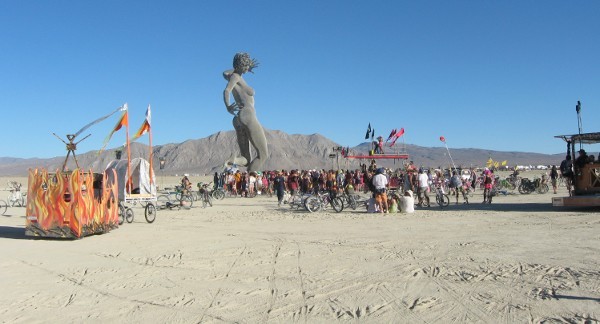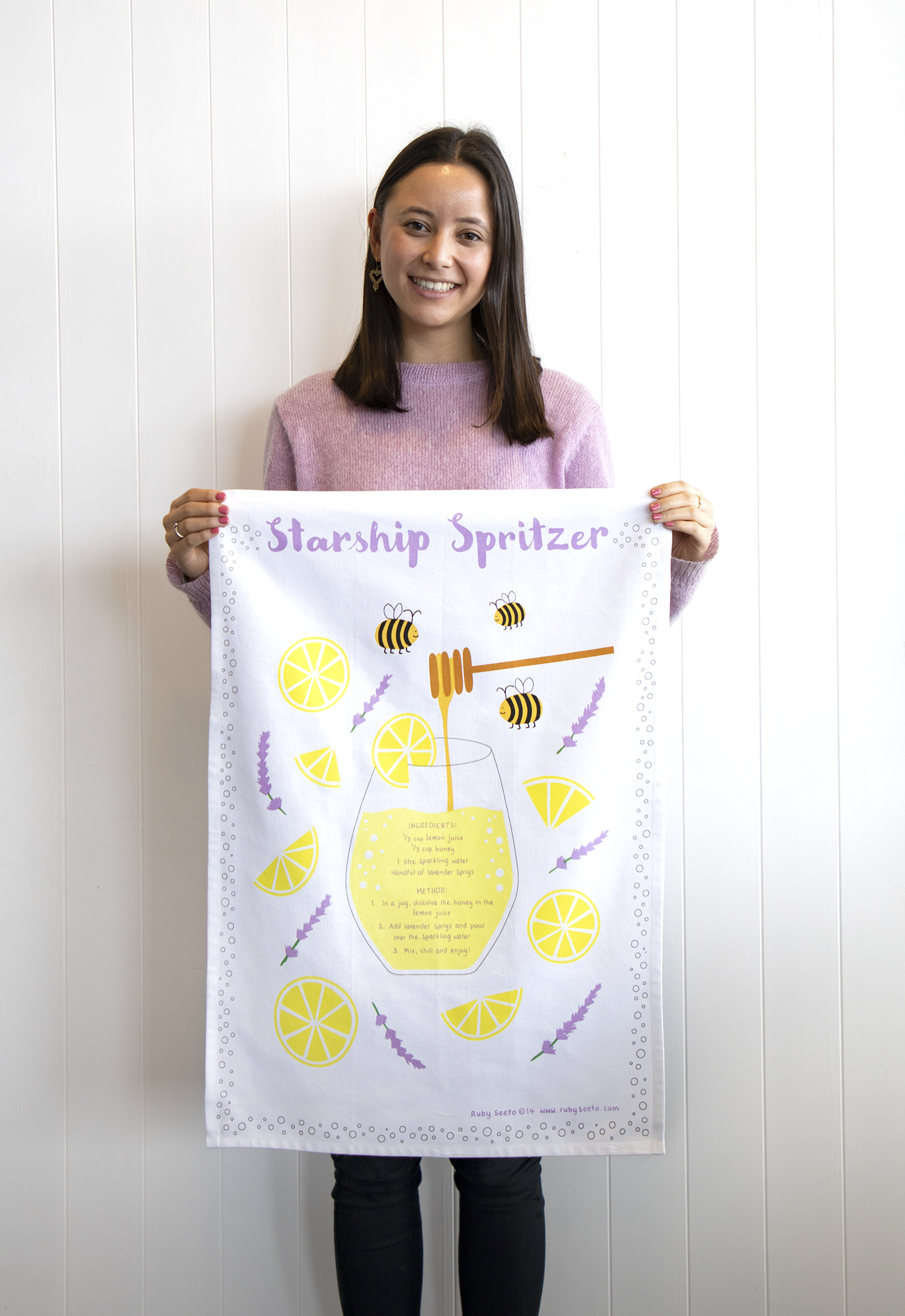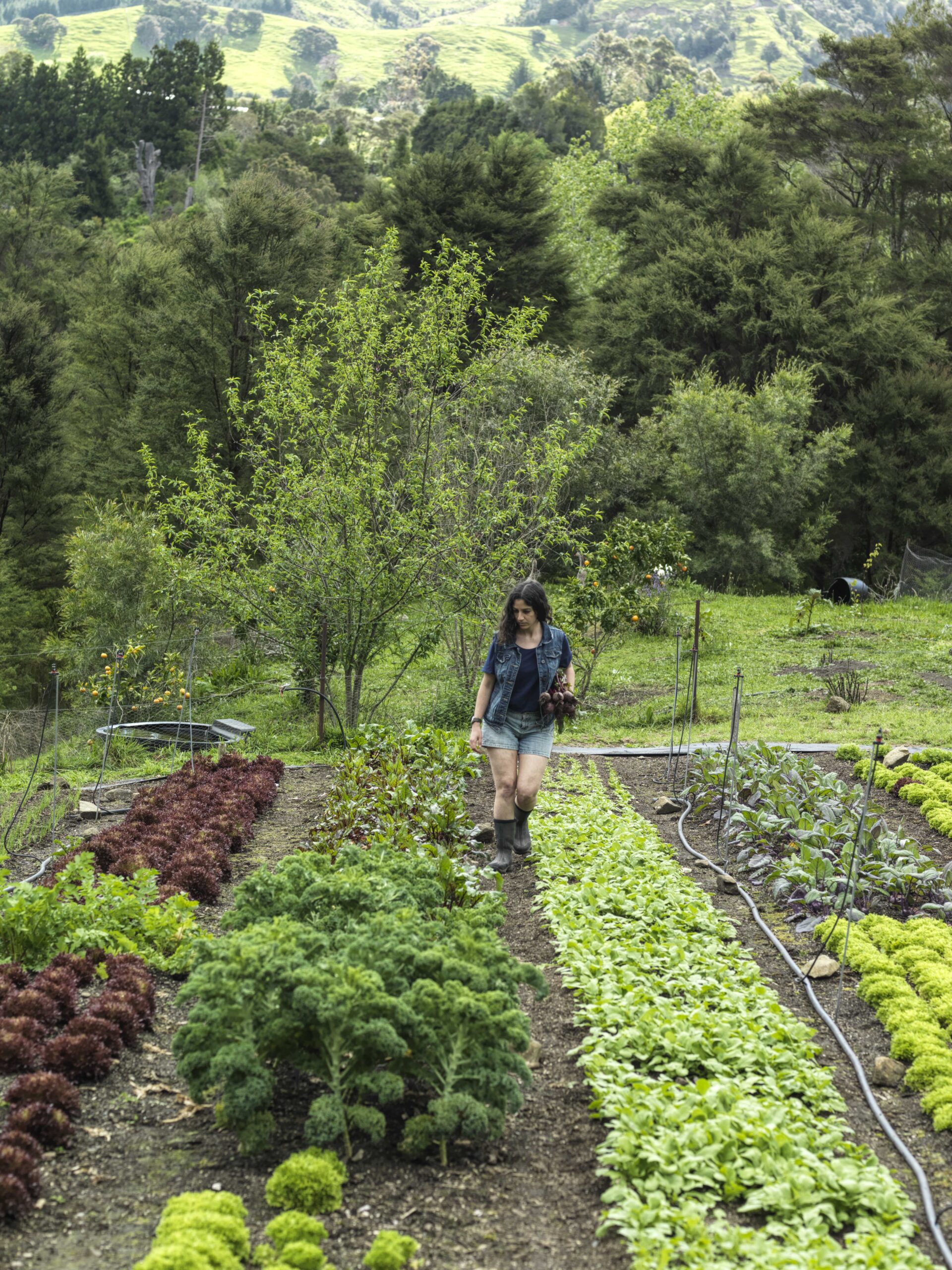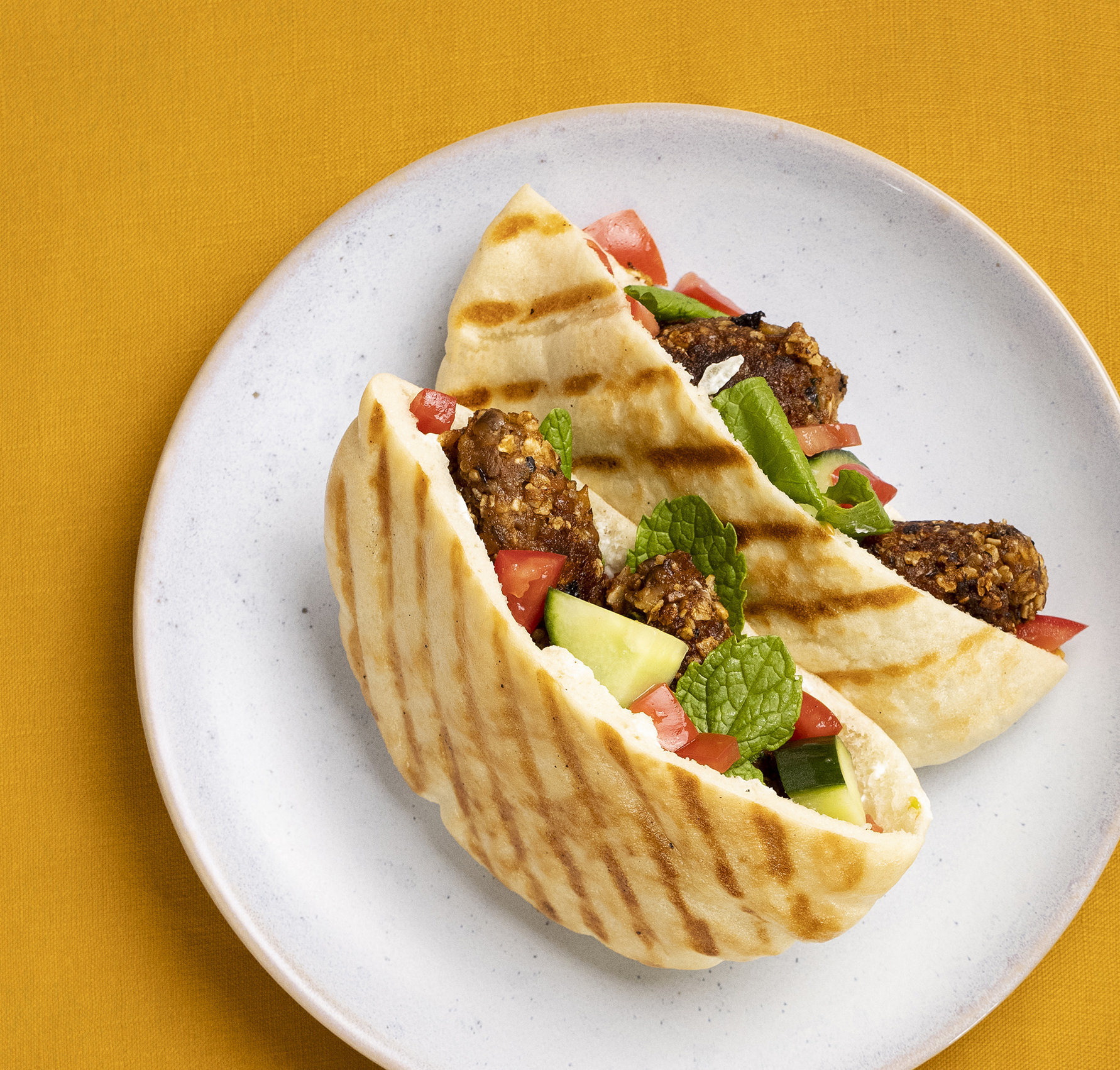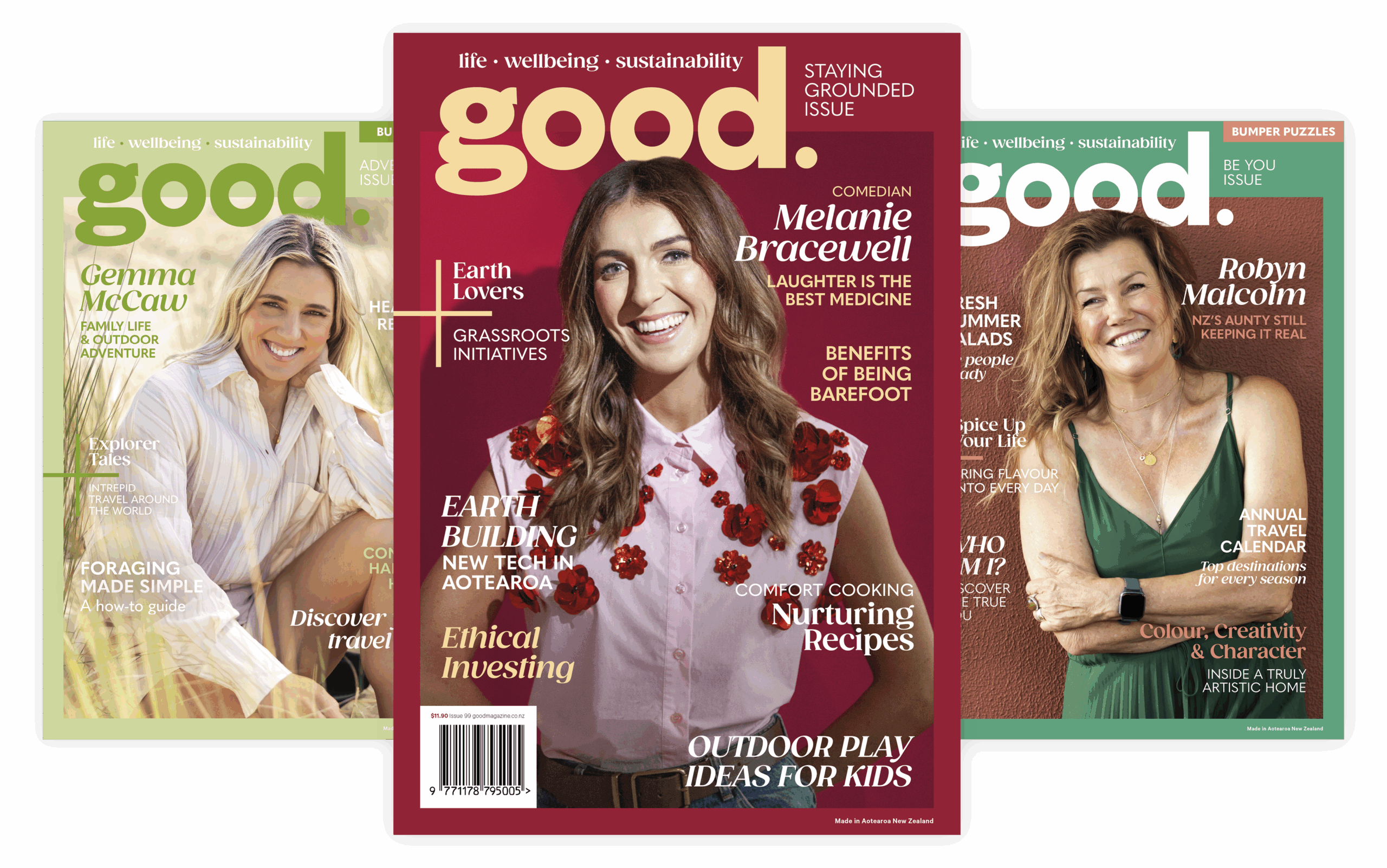Trend tracker Annabel McAleer reminisces about a US city where everything’s free
Trend tracker Annabel McAleer reminisces about a US city where everything’s free, and wonders if there really is some truth to that old chestnut: it’s better to give than to receive
Photo: Melody Hildebrandt, transcapitalist.com
Black Rock City, Nevada, is a temporary town. In the middle of a dusty desert, the city rises from nowhere, built by the 50,000 or so participants in the annual Burning Man art festival. It exists only for a week, but in many ways it’s like most other small cities: there are roads, public toilets, a water supply, a population the size of Invercargill, even local authorities (the Department of Mutant Vehicles licences the ‘art cars’ that crawl the streets like moving sculptures).
Aside from the eye-popping number of residents who choose to spend most of their week clothes-free, there’s another big difference between Black Rock City and a regular town. There’s no commerce. No one sells or buys anything, nothing is advertised, nothing is sponsored. The temporary community is run on a ‘gift economy’, one of the most unique economic systems in the world. Residents are encouraged to give to strangers, whether it’s for a trapeze performance, feather boa or grilled cheese sandwich. And somehow, all 50,000 people get fed, watered (or vodka-ed) and thoroughly entertained for a week.
That’s all very well in a temporary town populated by hippies and freaks. Could a gift economy really work in the real world?
It already does. Chris Anderson, author of Free: Why $0.00 is the Future of Business, points to Wikipedia as a working example of the gift economy in action. Thousands of people freely donate their time and knowledge; millions more use their ‘product’ for free. Huge companies like Google and Yahoo already give away every single one of their products to customers.
This isn’t new thinking. When nuclear energy was developed in the 1950s, the chair of the US Atomic Energy Commission predicted it would eventually make electricity too cheap to meter. He hasn’t been proven right – not yet, anyway – but he was bang on that some things are so abundant, there’s no reason to charge for them.
Most of us have stuff we don’t really want, and another gift economy has sprung up around that: Freecycle, where every day people prove that one woman’s trash is another’s treasure. (Go to nz.freecycle.org/maps to find a group in your region, or try the new website Zoove [www. zoove.co.nz], which gives the Freecycle concept a Trade Mestyle makeover.)
Last December, in Wellington, The Free Store opened off Cuba Mall. Its shelves are filled with free food, donated by local businesses from surplus stock that would otherwise be wasted. Cantabrians can help themselves to free paint, textiles and other household items at The Free Shop in Sockburn, while dropping off any unwanted items of their own. Both cities have held Really Really Free Market days, where objects, skills, food and entertainment are exchanged freely.
And for the past year, Aucklanders have been able to dine at the Wise Cicada in Newmarket, a vegetarian cafe in the back of an organic produce shop that’s run on gift economy principles. While the food isn’t free, it doesn’t have a price either. Customers order what they please, and pay what they like. Most end up paying a fair price, and many pay slightly more, just to make sure they don’t look cheap.
Now our work-to-spend economy is struggling, people are increasingly questioning the consumerism of their lives. Perhaps a little more give and take is what’s needed. An entirely gift-based economy may be a long way off, but it’s no longer just the pipe dream of a few naked hippies in the desert.
Annabel McAleer was at Burning Man in 2003, where the best gift she received was a hot cheese toastie and a cup of chai tea at sunrise

